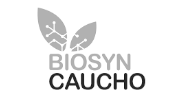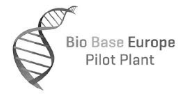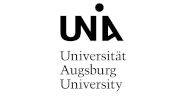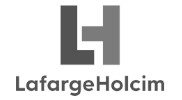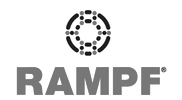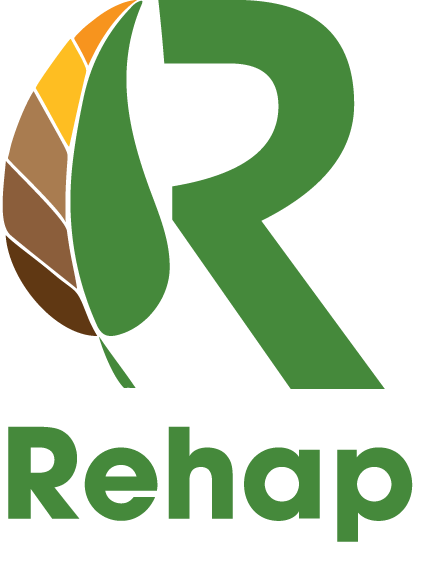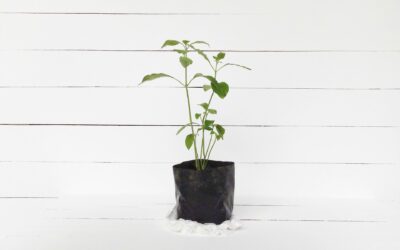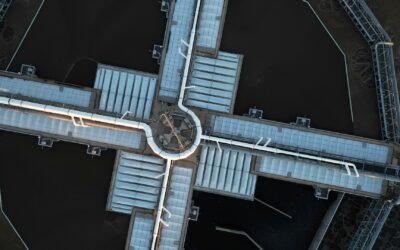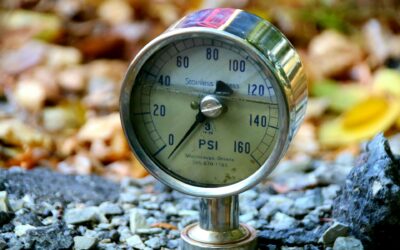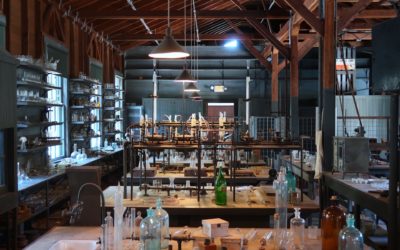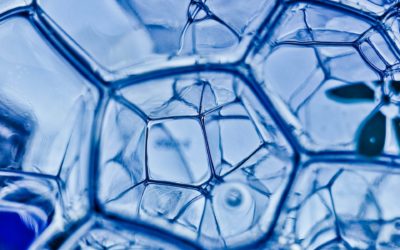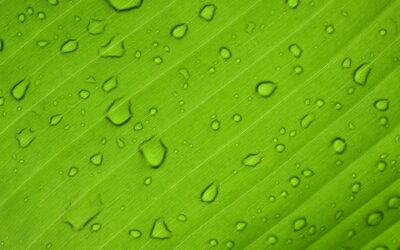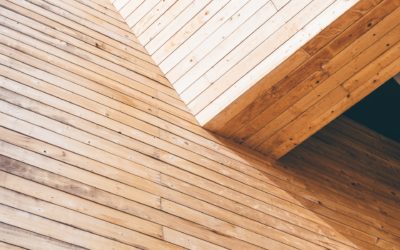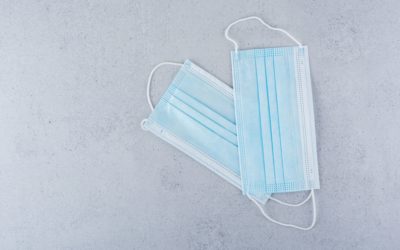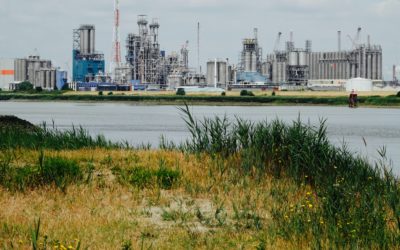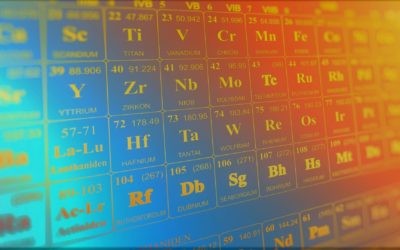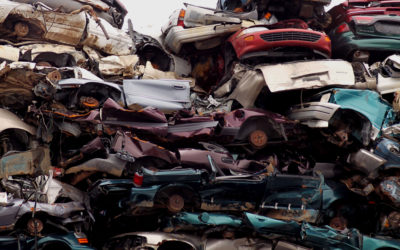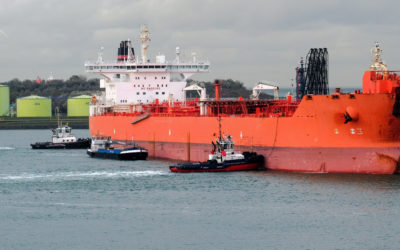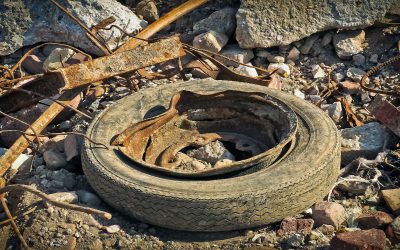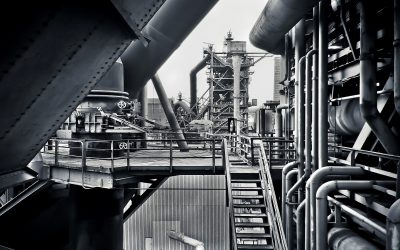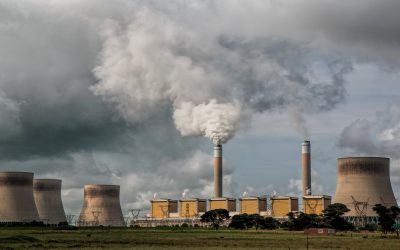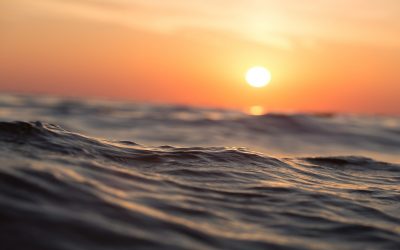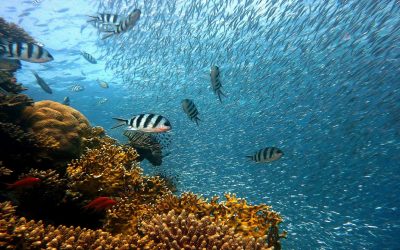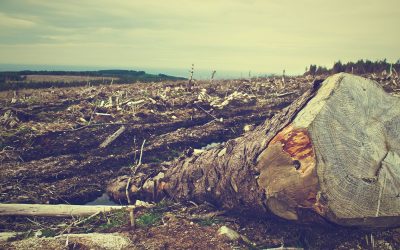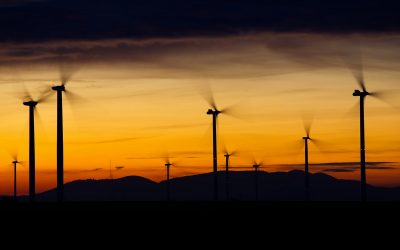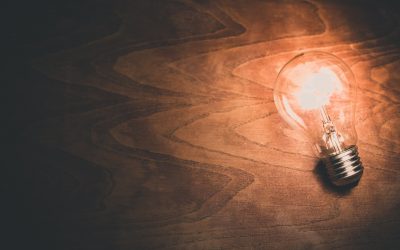CARTIF PROJECTS
REHAP
Creation of new materials from agricultural and forest waste
Description
Rehap aims to strengthen the European bio-economy industry by creating novel materials from agricultural and forestry waste, and considering how they can be used commercially in the green building sector.
The two main objectives of the project are:
– Reducing non-renewables by developing new high-added value products to replace them.
– Reducing energy use by leading a more sustainable building industry.
Objectives
- Develop methods to convert natural wastes into sustainable polyurethanes.
- Develop new high-performance bio-resins to produce eco-friendly wooden panels.
- Produce eco-friendly sustainable cement with improved properties.
- Design and assemble an environmentally sustainable and fire resistant construction solution.
- Demonstrate the development of eco-friendly products and their sustainability and business potential.
Actions
- Stage 1: Purification of platforms from wastes. Development of building blocks and resins. Development of fire retardants
- Stage 2: Up-scaling of chemical and enzymatic processes. Development of lab-scale products
- Stage 3: Manufacturing of materials and products at small scale plant
- Stage 4: Manufacturing of materials and products at pilot scale
- Stage 5 (post-project): Replication and commercialisation
Expected results
- Meeting EC targets – Creating sustainable patterns of consumption and production
The new processes developed within the REHAP project will facilitate a significant step towards a better use of natural resources and thus will help to reach the three priorities of the Europe 2020 Strategy: - Impacts
• Decreased use of fossil resources and energy in the process industry
• Creation of new jobs in the bio-based products sector
• Improved industrial competitiveness
Partners:
Video presentation of the project:
Networking
Controlled Environment and Plant Health Pilot (PAC-SAVE)
CARTIF ProjectsPAC-SAVEControlled Environment and Plant Health PilotDescriptionCARTIF's PAC-SAVE project aims to develop a Controlled Environment and Plant Health Pilot to investigate the resilience of crops and forests to climate change. Through advanced technologies...
Waste treatment for energy and material recovery in industrial processes
Increase the extractability of protein sources and other compounds of nutritional interest, naturally present in by-products generated in the transformation processes of the food industry, through the use of “green technologies” of pre-treatment such as extrusion
High-pressure processes for the generation of high value-added products
Increase the extractability of protein sources and other compounds of nutritional interest, naturally present in by-products generated in the transformation processes of the food industry, through the use of “green technologies” of pre-treatment such as extrusion
CO2SMOS
CO2SMOS project propose an innovative solution to develop new technologies based on processes for the conversion of biogenic CO2 and renewable raw materials into high value-added (bio)chemical products for chemistry sector and bio-based industries.
Renewable hydrogen and natural gas production and storage
The project focuses on the development of an integrated process for the production of green hydrogen and hydrogen carrier molecules (energy carriers) for use as renewable fuels to replace current fossil fuels.
H2METAMO
H2METAMO focuses on the development of compact and efficient plants for the generation of hydrogen carrier molecules. It has two main lines: one to generate methane and one to produce ammonia.
WoodLi
WoodLi project focuses on the development of bioadhesives for use in the manufacture of wood-based panels used, among others, in the construction sector. The bioadhesive of the WoodLi project will differ from commercial adhesives in that it will be of renewable origin and will not present toxicity problems
VALOMASK
VALOMASK project aims at the design and development of sustainable management of single use face masks in the context of the COVID-19 outbreak. The initiative arise due to the exponential increase in medical waste generated during the pandemic.
FRONTSH1P
Frontsh1p will contribute to further the green transition in the Polish region of Lódzkie. A region that on the one hand, traditionally heavily relies on coal extraction, and on the other hand, has pioneered circular (bio)economy since the early 2000s. The region has always been in the forefront of innovation and has become one of the leading regions in the field of circular economy.
CATCO2NVERS
Reduce GHG emissions from the Bio-Based Industries by developing 5 innovative and integrated technologies based on 3catalytic processes. It will transform waste CO2 from 2 bio-based industries into 5 added-value chemicals: glyoxylic acid, lactic acid, furan dicarboxylic methyl ester…
DELOREAN
DELOREAN aims to obtain new raw materials from the treatment of waste generated in a critical sector in the región, the automotive industry. The three wastes investigated (tires, lubricating oils and polypropylene) are generated in high quantities and their polluting nature makes it necessary to develop new ways for their management and use.
BioSFerA
BioSFerA aims to develop a cost-effective interdisciplinary technology to produce sustainable aviation and maritime fuels. The overall process, combining thermochemical, biological and thermocatalytic parts is based on the gasification of biomass and other biogenic waste and the 2-stage fermentation of the produced syngas.
LIFE LANDFILL BIOFUEL
The aim of LIFE LANDFILL BIOFUEL is to demonstrate the technical performance of a cost effective solution based on the implementation of new exploitation techniques of the waste cells to enhance the biogas production
BIOMOTIVE
The BIOMOTIVE project aims to demonstrate the production of new high-performance biomaterials (thermoplastic polyurethane, foams and fibres) for the automotive sector, with the objective of revolutionising the market.
ZEOCAT-3D
The ZEOCAT-3D project addresses the conversion of methane, from natural gas and biogas, into aromatic hydrocarbons of high added value and easily transportable
REPLACE
REPLACE aims at developing new methodologies to try to solve a critical environmental problem, the destruction of plastic wastes proceeding from petroleum.
LIFE BIOMASS C+
LIFE Biomass C+ aims to demonstrate improvements in climate mitigation strategies through the production of sustainable biofuel.
AQUAMUNDAM
AQUAMUNDAM pursues an improvement in the sustainable management of the integral water cycle, for this the development and demonstration of both methodologies and a modular information system that facilitates inter-administrative communication and of different agents with competence in the integral management of water is contemplated
VALOR-PLUS
The VALOR-PLUS supports the realisation of sustainable, economically viable closed loop integrated biorefineries through the development of new knowledge, (bio-)technologies and products that enable valorisation of key biorefinery by-products.
BIOREFINERÍA FT
The FT BIOREFINERY Project consists in developing a technology that allows obtaining 2nd generation liquid biofuels (synthetic diesel) and electrical energy, through the application of gasification and co-gasification processes, of different types of solid and / or liquid waste ( herbaceous biomass, lignocellulosic, glycerin, etc.)
BIORECOS
The BIORECOS Project aims to design and build a demonstration plant of a modular nature that allows, through pyrolysis, the production of charcoal and / or active coal, as well as the generation of electrical energy.





